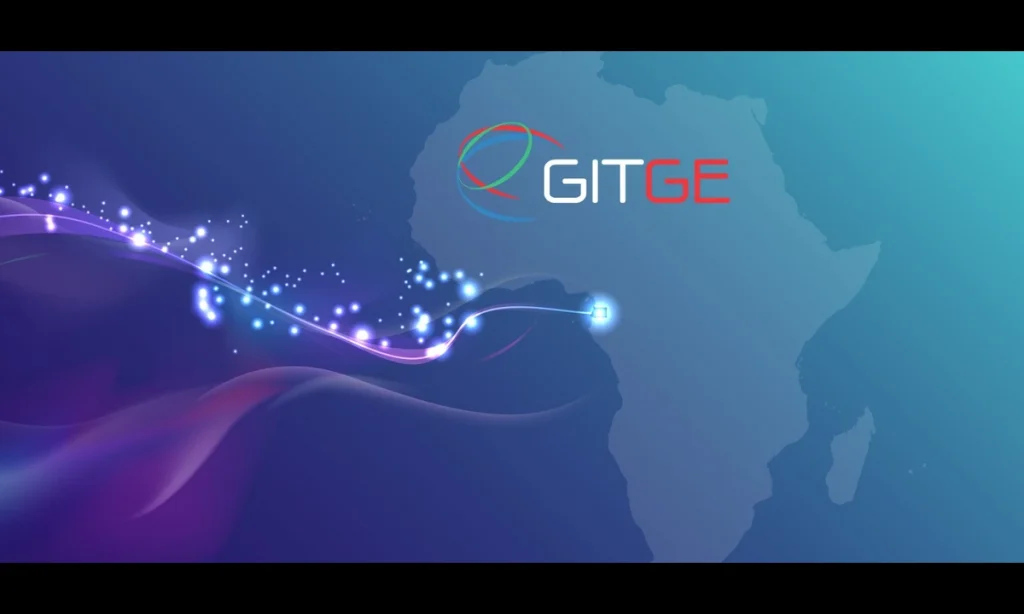- GITGE trades, operates the fibre-optic network in Equatorial Guinea. The firm sells capacity to ISPs.
- The telecom industry in Africa sees low connection rates, risks in submarine cables and fast change from mobile growth to digital services.
GITGE’s role and services at GITGE
GITGE trades, operates and maintains the telecommunications infrastructure in Equatorial Guinea. The firm was set up in 2011 to manage new fibre-optic networks. The company sells capacity to internet service providers on equal terms.
The firm connects the country through submarine cable systems like ACE via Ceiba 1. That link came online in 2012 and marked a key boost in capacity for West Africa. GITGE handles capacity transport, dedicated internet links and co-location. The firm offers IP transit from Malabo and Bata, metro-Ethernet, FTTH, and colocation at landing and data centres.
The company also runs Digital Ports like Malabo Digital Port and Bata Digital Port and links landing systems for ACE, SAIL and others. GITGE’s governance has a board, managing director and technical, financial, commercial and HR departments.
Also read: UK’s CMA targets Apple, Google mobile dominance
Also read: Cash App adds group payments with Apple and Google Pay
Industry context and challenges for GITGE
Equatorial Guinea is part of Africa’s broader ICT growth. Access remains low. Around 18 per cent of Africans use the internet, below the world average of 30 per cent. That gap shows a chance for growth. Mobile phones drove uptake from 11 million in 2000 to over 500 million by 2020.
Infrastructure like submarine cables boost capacity and cost. Still a single fault can disrupt many countries.Nations from South Africa to Ghana saw slow or cut service. The digital push is advancing. Yet Africa needs producers not just consumers of tech. Investment is low. Firms must move to build. Nii Quaynor notes established firms squeeze new players. Few countries invest in production capacity.
GITGE’s place amid innovation
GITGE’s work links the country globally and regionally. The sector evolves fast. Firms now add DWDM, IPLC, Ethernet, content delivery and IX services. GITGE offers DWDM at 10 Gbps or 100 Gbps and IPLC and Ethernet up to 10 Gbps. The firm shows added tech in capacity and resilience. Africa sees new solutions from mobile money in East Africa and tech hubs in West Africa. Equatorial Guinea is small but GITGE connects through ACE, CEIBA and SAIL. That gives a chance to act as regional transit hub.

